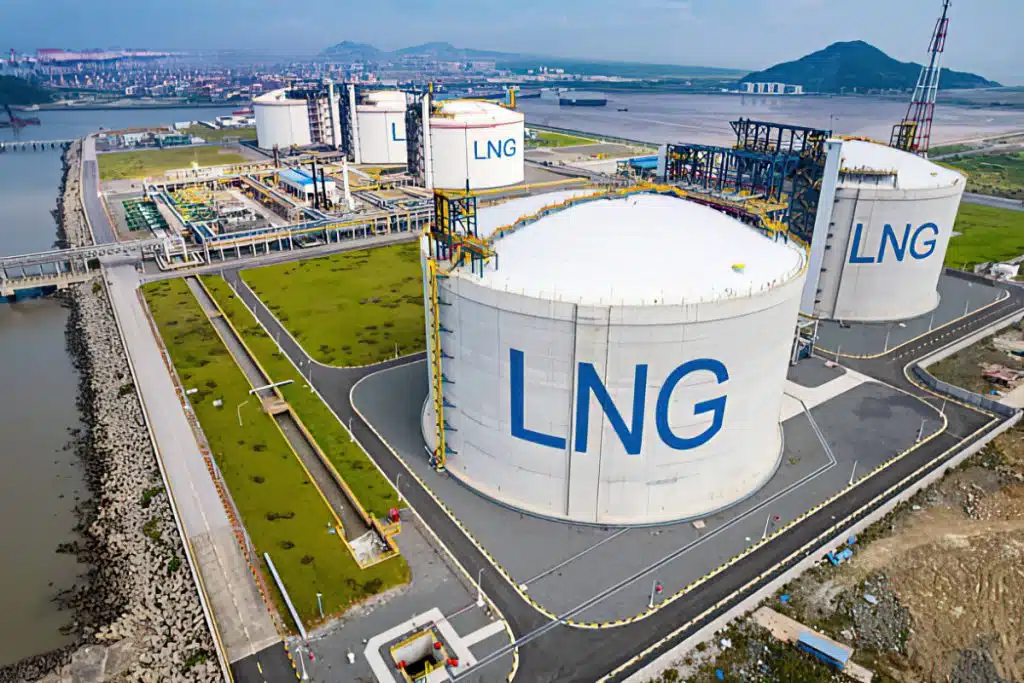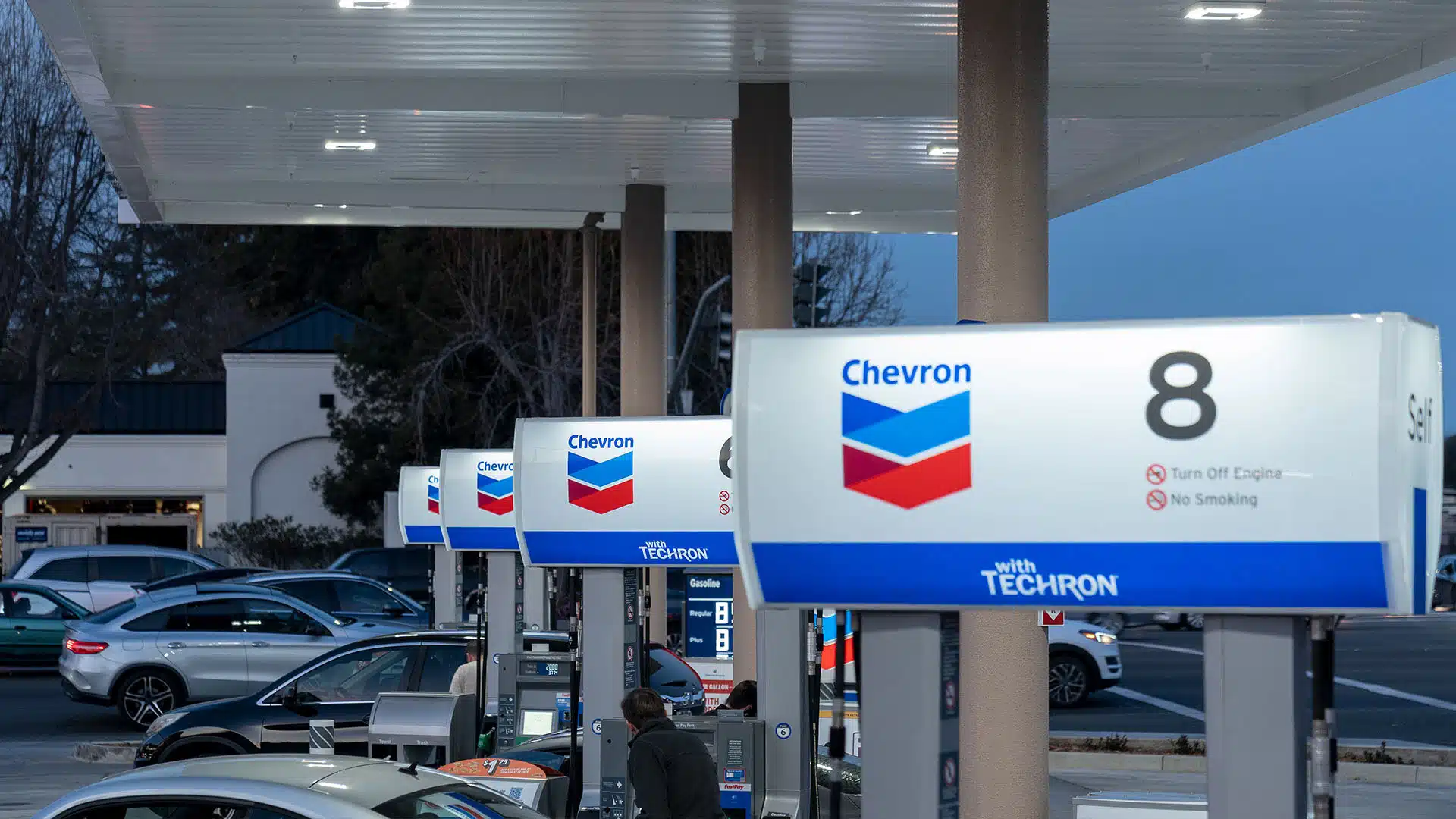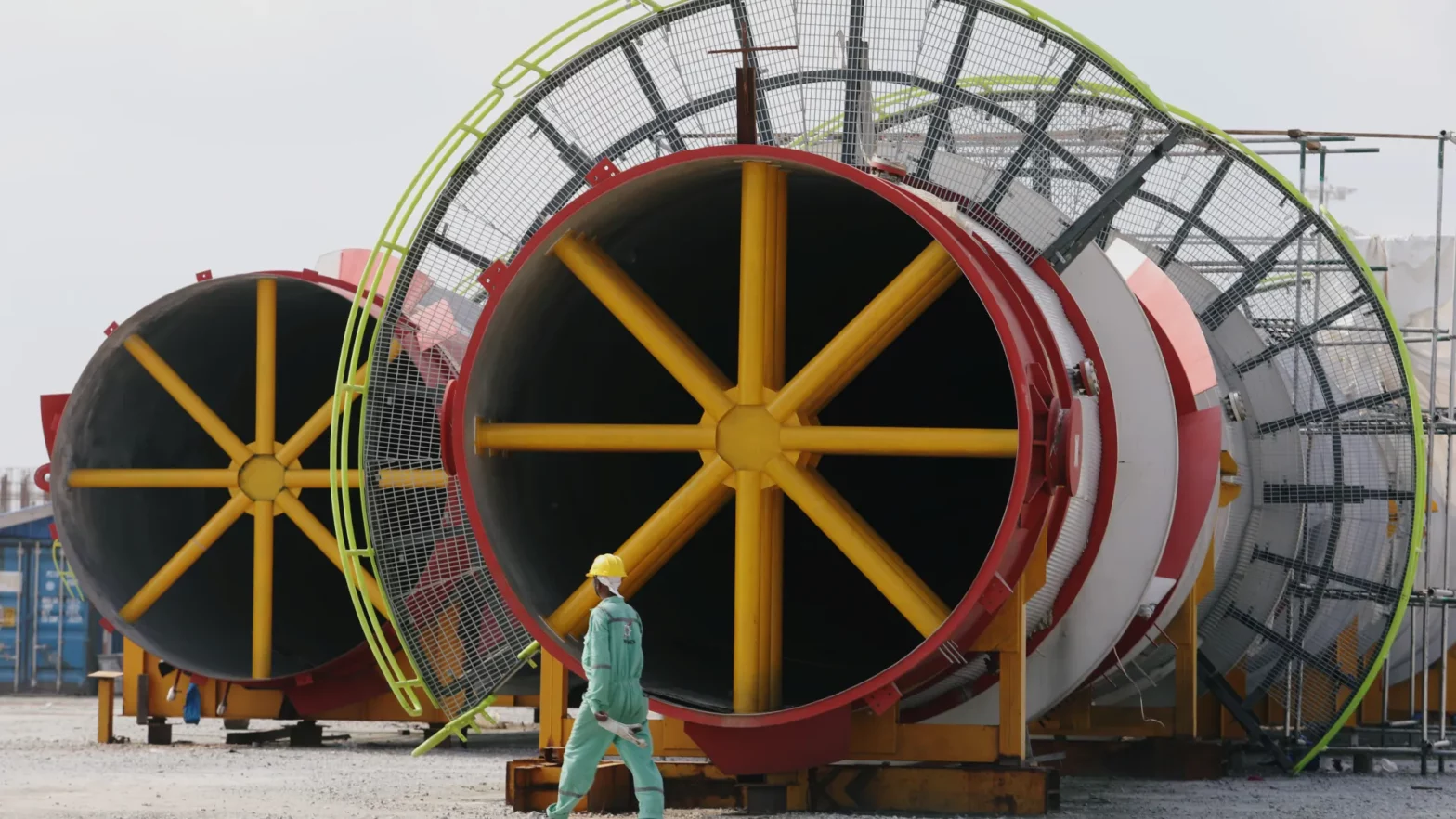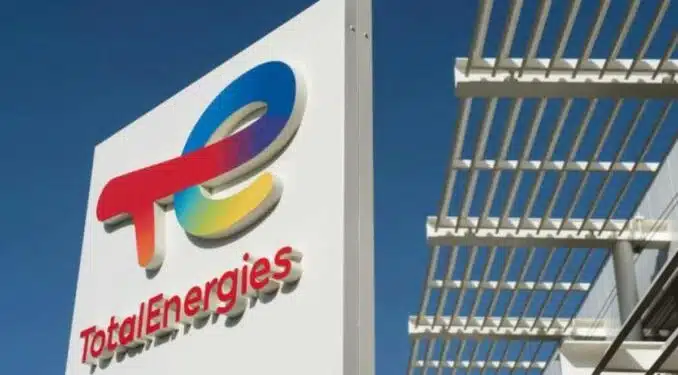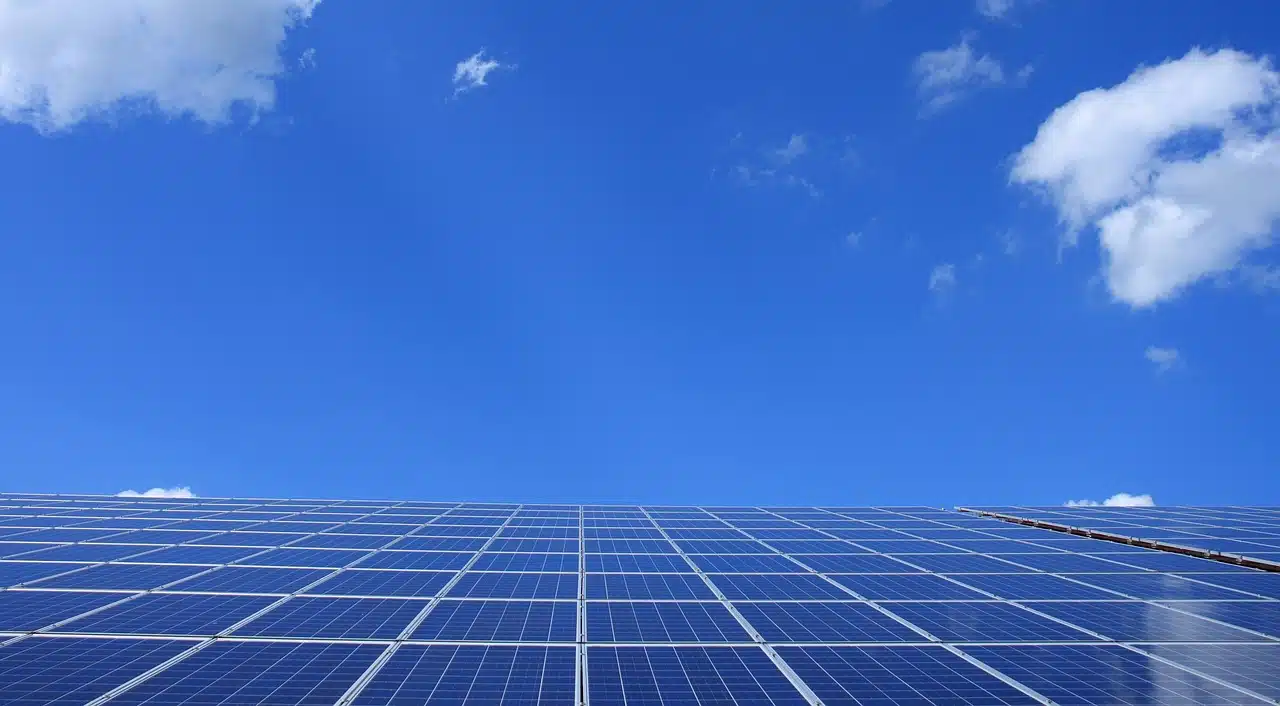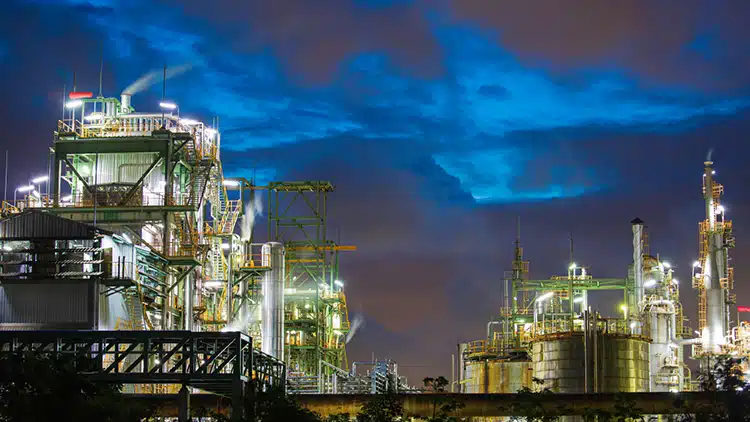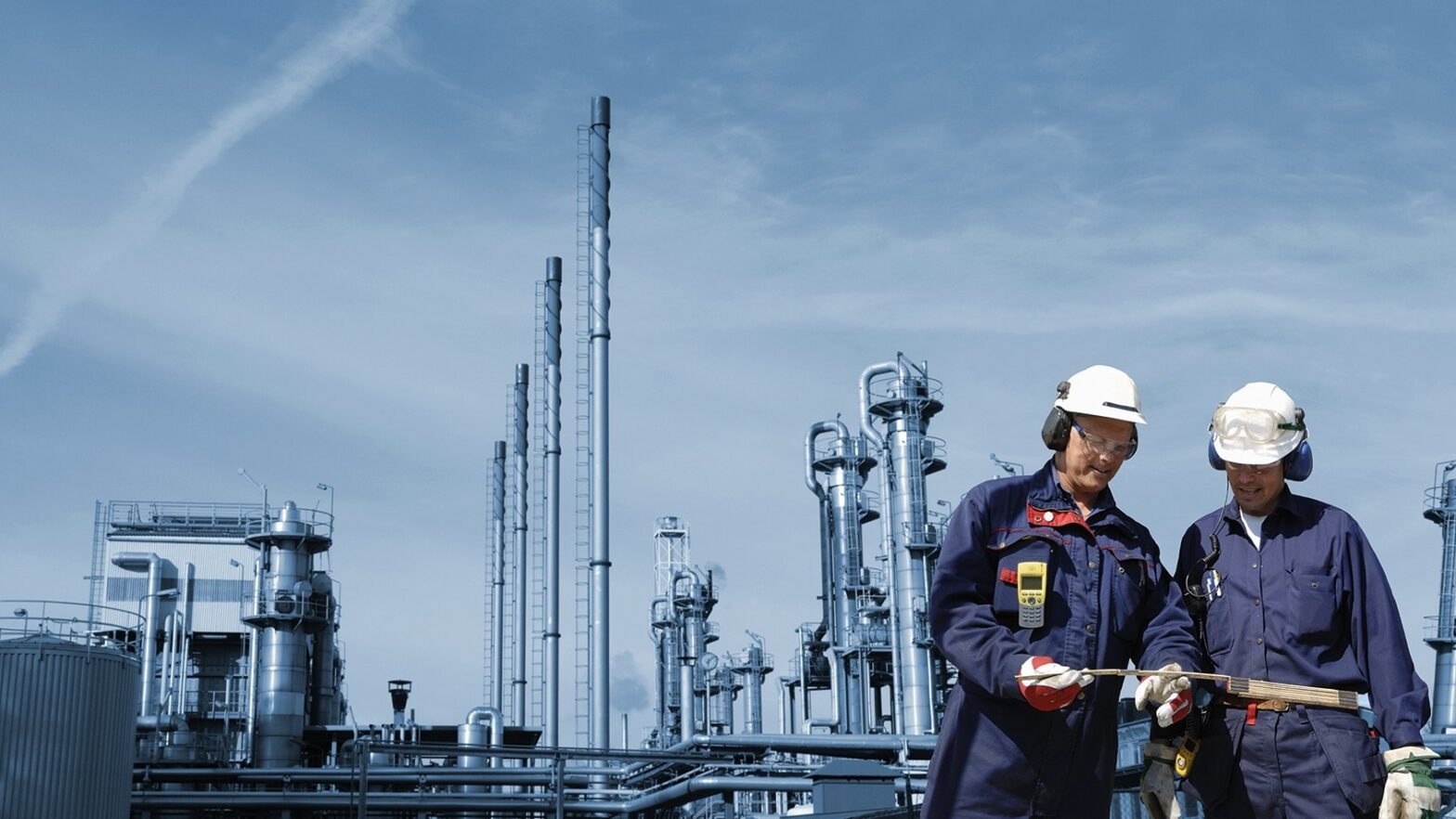In response to escalating energy demands and worsening geopolitical shifts in the Middle East, Iraq is actively pursuing agreements to import liquefied natural gas (LNG) from African nations, notably Algeria.
This strategic move follows the United States’ decision to revoke a sanctions waiver on March 9, which had previously allowed Iraq to import gas from Iran.
Iraqi officials are in advanced discussions with Algeria to finalize an LNG supply deal, with an official announcement anticipated within two months.
The proposed agreement aims to deliver approximately one million tons of LNG annually under a medium-term contract spanning three to five years.
Commencement of LNG imports from Algeria—Africa’s leading LNG producer—is contingent upon the completion of necessary infrastructure at Iraq’s Khor Al-Zubair port in Basra.
Iraqi Oil Minister Hayyan Abdul Ghani revealed ongoing negotiations with several companies to secure two floating storage regasification units (FSRUs) by early June, as well as the construction of a 40-kilometer pipeline connecting the port to the national gas grid near Shatt al-Basra.
These developments are projected to be completed within five months, potentially stabilizing Iraq’s electricity sector by the summer of 2025.
In addition to negotiations with Algeria, Iraq is exploring LNG import options from Qatar and has initiated projects to enhance domestic gas production.
The Iraqi government has set a target to eliminate gas flaring by 2030, aiming to utilize its own gas resources for electricity generation.
Furthermore, Iraq is working to double its electricity imports from Turkey to meet the energy demands of its northern provinces.
The current transmission line between the two countries has a capacity of 300 megawatts, which Iraq aims to increase to 600 megawatts by next summer.
To facilitate LNG imports, Iraq has approved the construction of a permanent gas processing platform at the Grand Fao Port in Basra.
This initiative is part of a broader strategy to diversify energy sources and reduce reliance on Iranian gas.
The government is also considering the establishment of an offshore LNG terminal and a 40-kilometer pipeline to transport gas from the platform to Basra, with operations expected to commence in 2026.
Iraq is grappling with a natural gas shortage while simultaneously exploring new crude oil export markets. In response to the gas supply deficit—triggered by the expiration of a U.S. waiver that previously allowed Iraq to import Iranian electricity—the country has implemented several emergency measures to secure alternative energy sources.
The Biden administration has now intensified pressure on Tehran to negotiate a nuclear deal, keeping all options on the table—a move few anticipated.
However, Iraq’s pursuit of LNG imports from Algeria and other countries in the broader Middle East-North Africa (MENA) region underscores its commitment to diversifying its energy portfolio and reducing decades-long reliance on Iranian gas.
Africa is increasingly becoming a key gas destination for many nations, including China and European countries.
Mozambique, an emerging LNG producer, could also enter Iraq’s energy considerations.
Last month, the Iraqi government wrote off $256 million of Mozambique’s longstanding $320.2 million oil debt, potentially strengthening future energy ties between the two nations.
At the same time, Iraq is also targeting African markets for its crude oil exports. The Oil Minister has emphasized Africa’s growing significance as a new export destination.
Alongside its push into Africa, the Iraqi government is in talks with Türkiye and the Kurdish Regional Government (KRG) about resuming crude oil exports through Turkey’s Ceyhan port.
The success of these initiatives will hinge on timely infrastructure development and the establishment of favourable trade agreements.

